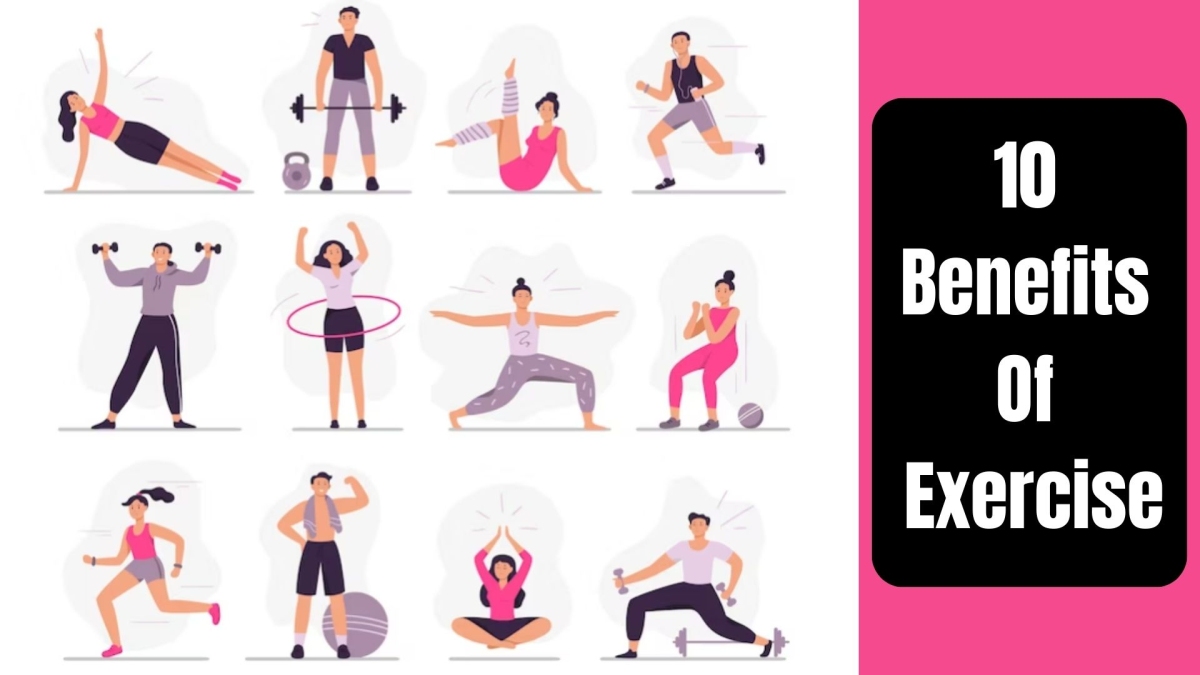Benefits of Physical Activities
The Importance of Physical Activities
Physical activities play a crucial role in maintaining our overall health and well-being. Engaging in regular exercise and movement not only helps us stay physically fit but also has numerous mental and emotional benefits. In this article, we will explore the various advantages of incorporating physical activities into our daily lives.
Improved Physical Health
Regular physical activities contribute to improved physical health in several ways. Firstly, they help in maintaining a healthy weight by burning calories and reducing the risk of obesity. Additionally, engaging in exercises such as cardio and strength training can strengthen our muscles and bones, enhancing overall physical strength and endurance.
Moreover, physical activities promote better cardiovascular health by improving blood circulation, reducing the risk of heart diseases, and regulating blood pressure levels. They also assist in maintaining a healthy immune system, reducing the chances of falling ill.
Enhanced Mental Well-being
Physical activities have a significant impact on our mental well-being as well. Regular exercise releases endorphins, which are known as “feel-good” hormones. These endorphins help reduce stress, anxiety, and depression, promoting a positive mood and overall mental health.
Engaging in physical activities also improves cognitive function and enhances memory and concentration. It boosts brain health by increasing blood flow and oxygen supply to the brain, promoting the growth of new brain cells.
Increased Energy Levels
Participating in physical activities regularly helps boost energy levels and combat fatigue. While it may seem counterintuitive, physical exertion increases energy levels in the long run. Regular exercise improves the efficiency of our cardiovascular system, allowing our body to deliver oxygen and nutrients more effectively, thus reducing fatigue and increasing stamina.
Social Benefits
Physical activities provide an excellent opportunity to connect with others and foster social relationships. Engaging in team sports, group fitness classes, or even going for a walk with friends or family can help build a sense of community and belonging. These activities can also improve communication skills, teamwork, and cooperation.
Improved Sleep Quality
Regular physical activities can significantly improve the quality of our sleep. Engaging in exercise increases body temperature, and as the body cools down after the activity, it promotes better sleep. Physical activities also help regulate sleep patterns, making it easier to fall asleep and enjoy a restful night.

Incorporating physical activities into our daily routines brings numerous benefits to our physical, mental, and emotional well-being. From improving physical health and energy levels to enhancing mental well-being and sleep quality, the advantages of regular exercise are undeniable. So let’s make a conscious effort to prioritize physical activities and enjoy a healthier and happier life.
Frequently Asked Questions about the Benefits of Physical Activities
1. How does physical activity benefit our overall health?
Regular physical activity can improve cardiovascular health, strengthen muscles and bones, enhance mental well-being, and reduce the risk of chronic diseases such as heart disease, obesity, and diabetes.
2. Can physical activities help with weight management?
Absolutely! Engaging in physical activities helps burn calories, increase metabolism, and build lean muscle mass, which can contribute to weight loss and weight management.
3. What are the mental health benefits of physical activities?
Physical activities release endorphins, which are known as “feel-good” hormones, leading to reduced stress, improved mood, increased self-esteem, and better mental resilience.
4. How does physical activity contribute to better sleep?
Regular physical activity can help regulate sleep patterns, improve sleep quality, and reduce the risk of insomnia. It promotes relaxation, reduces anxiety, and tires the body, making it easier to fall asleep and stay asleep.
5. Can physical activities improve cognitive function?
Yes, physical activities have been shown to enhance cognitive function, memory, and concentration. Regular exercise increases blood flow to the brain, stimulates the growth of new brain cells, and improves overall brain health.
6. How do physical activities benefit our immune system?
Moderate-intensity physical activities can boost the immune system by improving circulation, increasing the production of antibodies and white blood cells, and reducing the risk of chronic inflammation.
7. Are there any social benefits of engaging in physical activities?
Absolutely! Physical activities provide opportunities for social interaction, teamwork, and building relationships. Joining group activities or sports can foster a sense of belonging and improve social skills.
8. Can physical activities reduce the risk of chronic diseases?
Yes, regular physical activity is associated with a lower risk of developing chronic diseases such as heart disease, stroke, type 2 diabetes, certain types of cancer, and osteoporosis.
9. How do physical activities improve energy levels?
Engaging in physical activities increases oxygen and nutrient supply to the body’s tissues, improves cardiovascular efficiency, and enhances endurance, leading to increased energy levels and reduced fatigue.
10. Can physical activities improve longevity?
Studies have shown that individuals who participate in regular physical activities tend to live longer than those who are sedentary. Physical activities reduce the risk of premature death and increase overall life expectancy.




